Summaries of books about Economics:
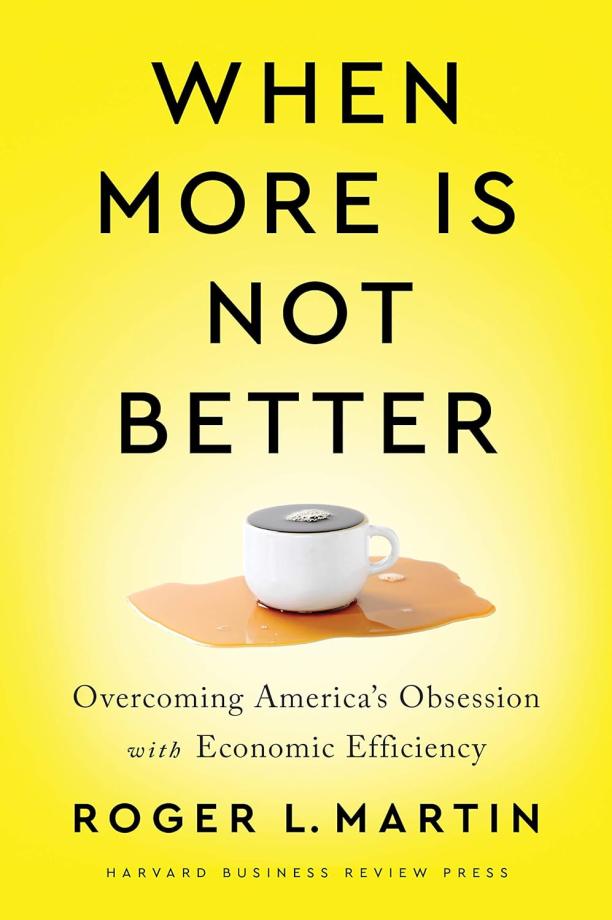
When More Is Not Better
Overcoming America's Obsession with Economic Efficiency
Roger L. Martin
The book critiques the relentless pursuit of economic efficiency in the United States, arguing that it has led to increased inequality and societal instability. It proposes a shift towards a more balanced approach that values resilience and shared prosperity, offering strategies for businesses, educators, and policymakers to foster a more equitable and sustainable economy.
See full summary

Lunch with the FT
52 Classic Interviews
Lionel Barber
The book compiles a selection of engaging and insightful interviews with prominent figures from various fields, conducted over meals and originally published in the Financial Times. It offers readers a glimpse into the personal lives, careers, and philosophies of world leaders, entrepreneurs, artists, and intellectuals through candid conversations.
See full summary
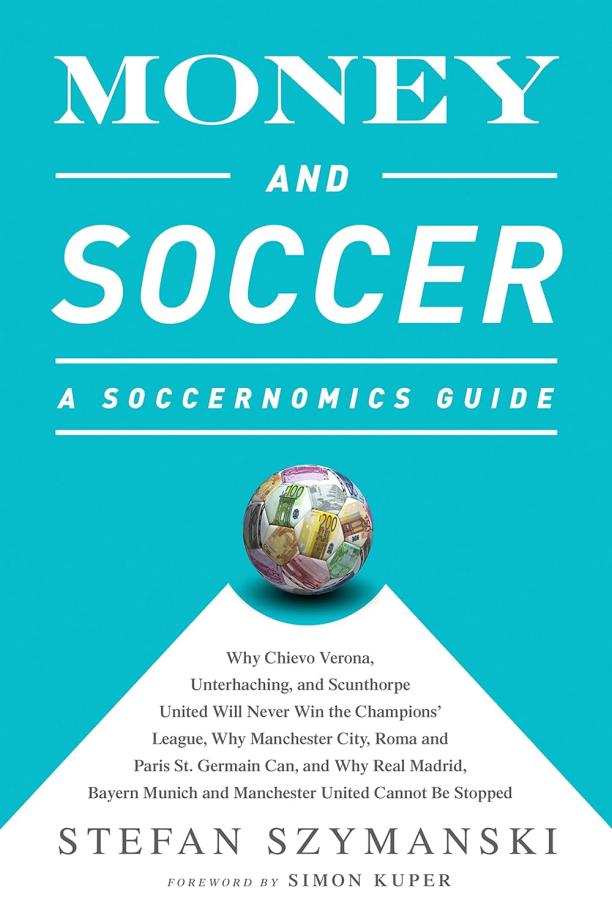
Money and Soccer
A Soccernomics Guide: Why Chievo Verona, Unterhaching, and Scunthorpe United Will Never Win the Champions League, Why Manchester City, ... and Manchester United Cannot Be Stopped
Stefan Szymanski
The book examines the financial aspects of soccer, explaining how economic factors shape the success of clubs on the field. It delves into why wealthy teams dominate competitions and the financial disparities that prevent smaller clubs from competing at the highest levels.
See full summary
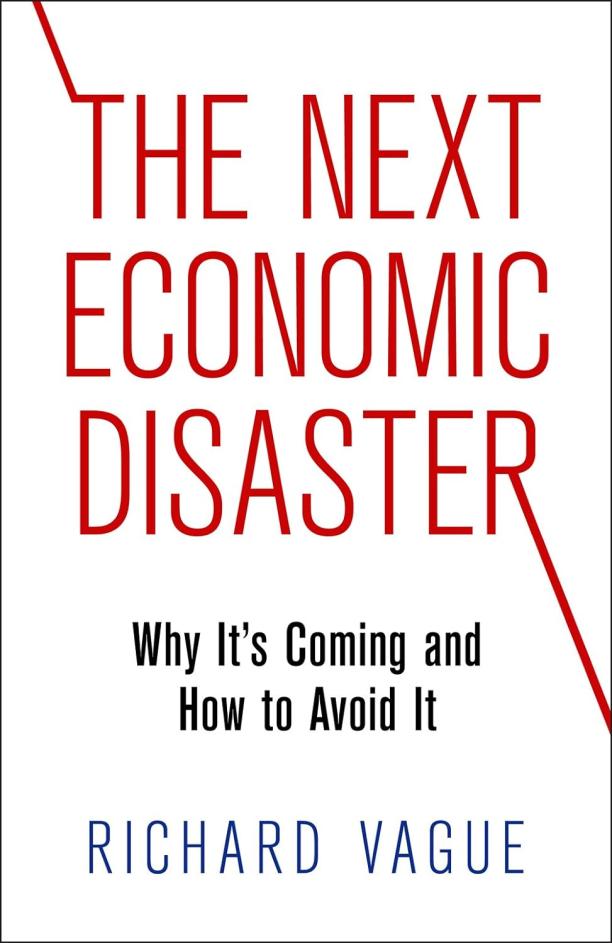
The Next Economic Disaster
Why It's Coming and How to Avoid It
Richard Vague
The book analyzes the patterns of private debt accumulation that have led to major financial crises, arguing that excessive lending is a key predictor of economic disaster. It proposes policy solutions to monitor and mitigate the risks of private debt to prevent future economic collapses.
See full summary
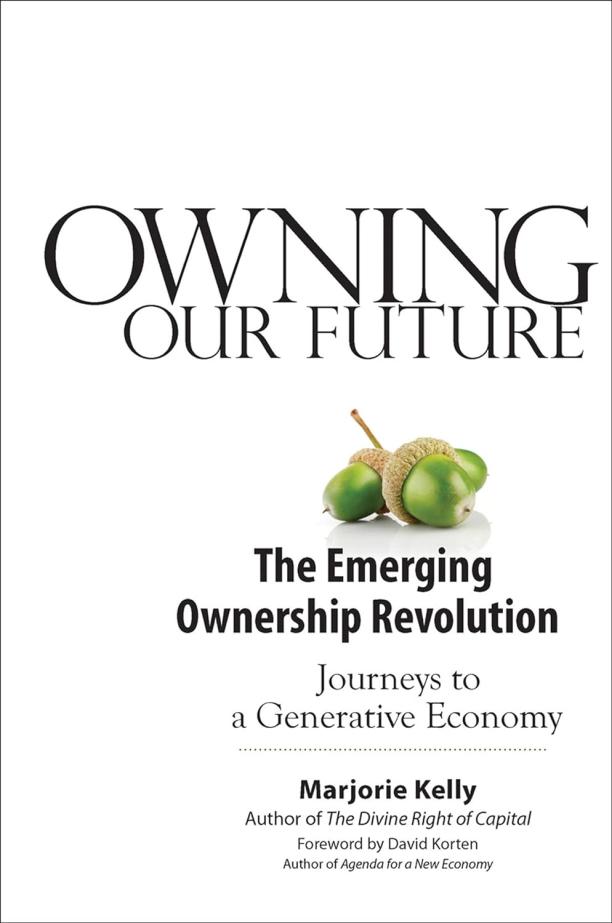
Owning Our Future
The Emerging Ownership Revolution
Marjorie Kelly
The book explores the transformation of corporate ownership structures, advocating for more sustainable and equitable models that prioritize community and environmental well-being over short-term profits. It presents case studies and analysis of alternative ownership designs, such as cooperatives and employee-owned firms, that aim to create a more resilient and inclusive economy.
See full summary
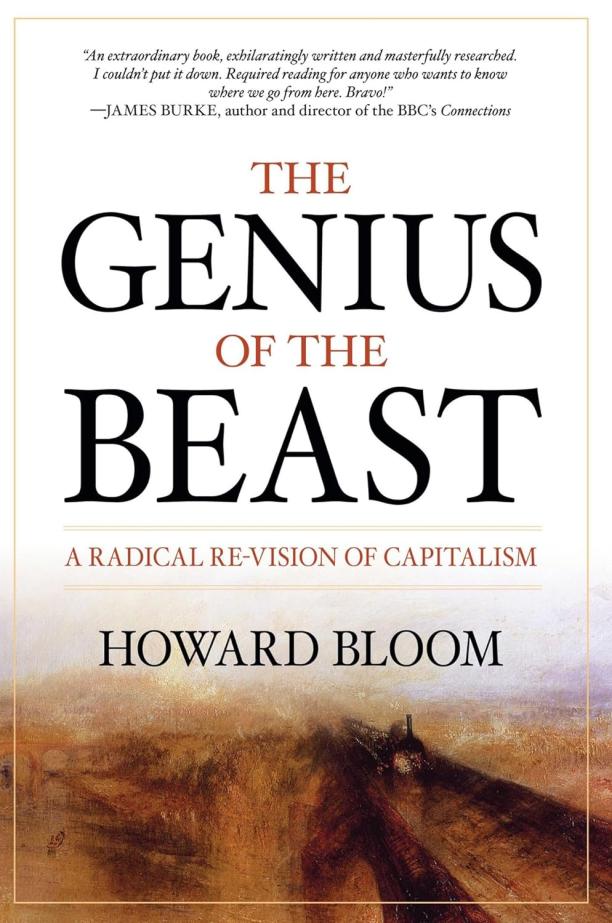
The Genius of the Beast
A Radical Re-Vision of Capitalism
Howard Bloom
The book presents a provocative argument that Western capitalism is a mechanism that harnesses human creativity and transforms it into progress, despite its flaws. It suggests that by understanding and refining this system, humanity can tap into its collective genius to foster innovation and solve global challenges.
See full summary
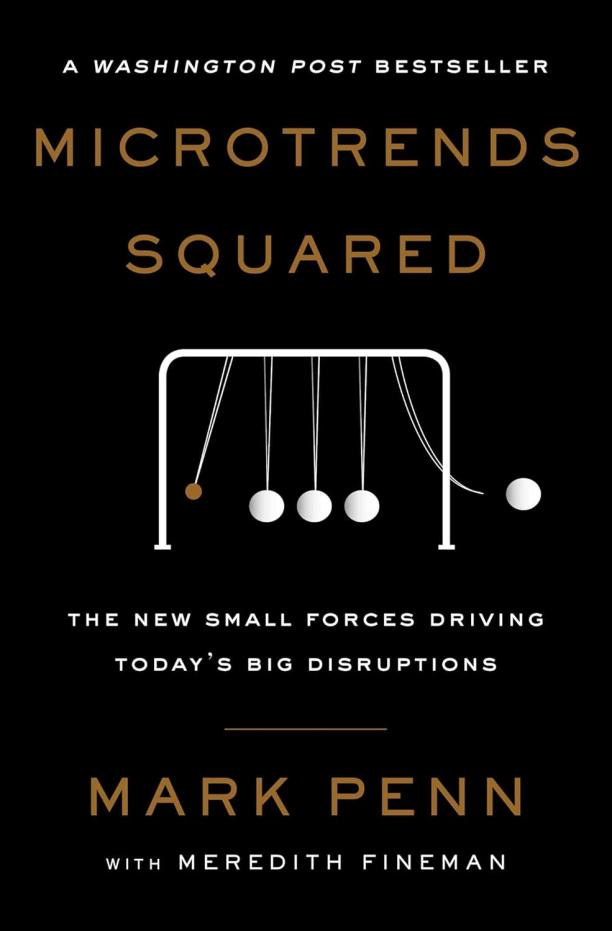
Microtrends Squared
The New Small Forces Driving Today's Big Disruptions
Mark Penn
The book delves into emerging trends that are influencing society, politics, and the economy, identifying small but powerful groups whose behaviors are causing significant shifts. It provides insights into how these niche activities and preferences are shaping the future in unexpected ways, from consumer choices to political movements.
See full summary
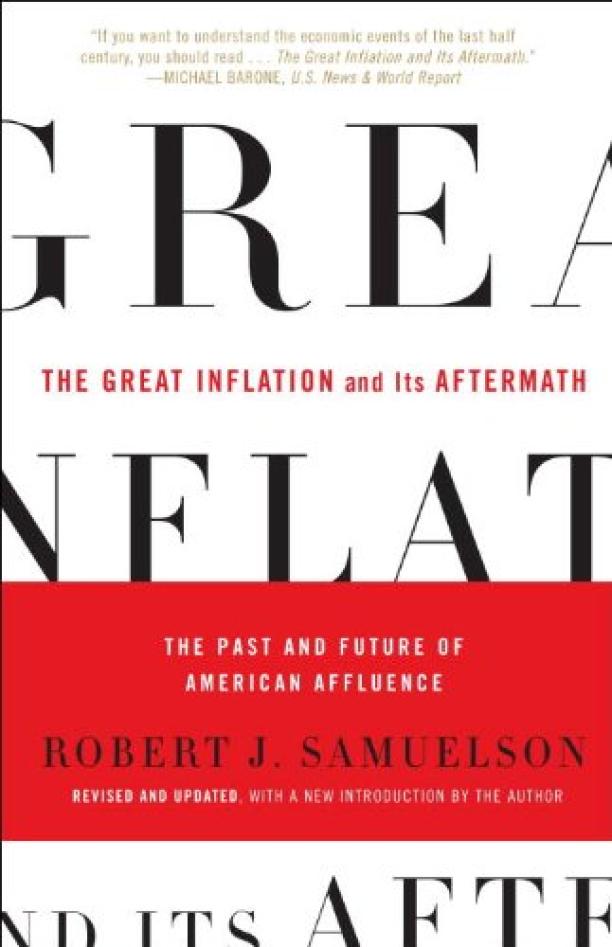
The Great Inflation and Its Aftermath
The Past and Future of American Affluence
Robert J. Samuelson
The book examines the causes and consequences of the high inflation period in the United States during the 1960s and 1970s, analyzing its impact on politics, policy-making, and the economy. It also discusses the subsequent period of stability and prosperity, offering insights into the lessons learned and potential future economic challenges.
See full summary
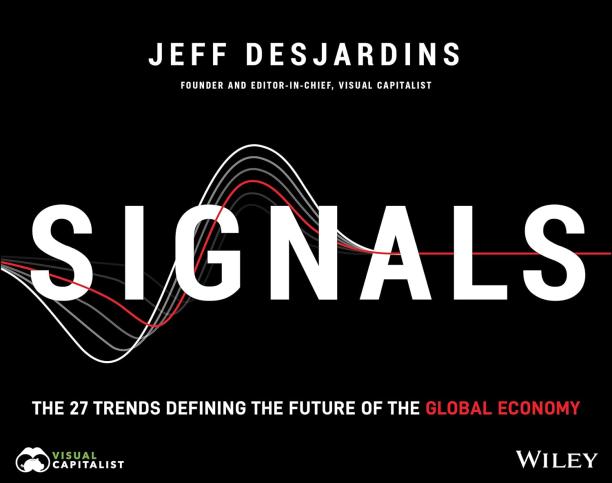
Signals
The 27 Trends Defining the Future of the Global Economy
Jeff Desjardins
The book examines 27 significant trends that are shaping the future of the global economy, ranging from technological advancements to demographic shifts. It provides insights into how these trends are influencing various industries, economies, and the daily lives of people around the world.
See full summary
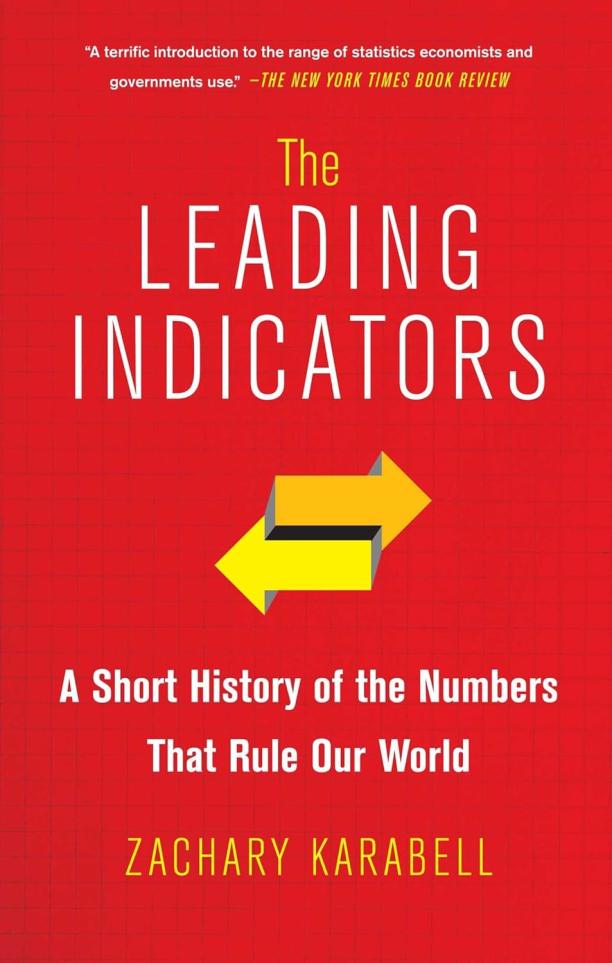
The Leading Indicators
A Short History of the Numbers That Rule Our World
Zachary Karabell
The book explores the history and significance of economic indicators such as GDP, unemployment rate, and the Consumer Price Index, examining how they were created and how they influence policy decisions and public perception. It also discusses the limitations of these metrics and their impact on global economies and everyday life, questioning whether they are adequate measures of societal progress and well-being.
See full summary